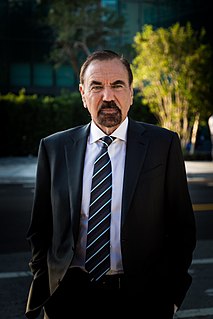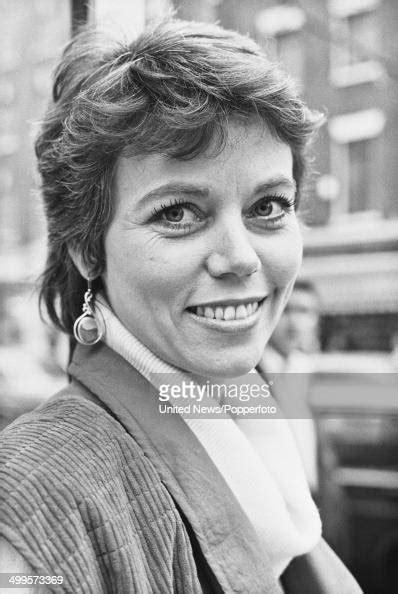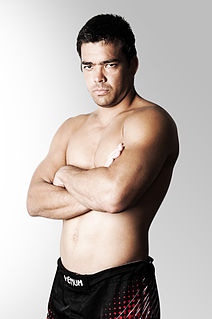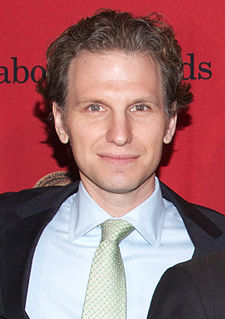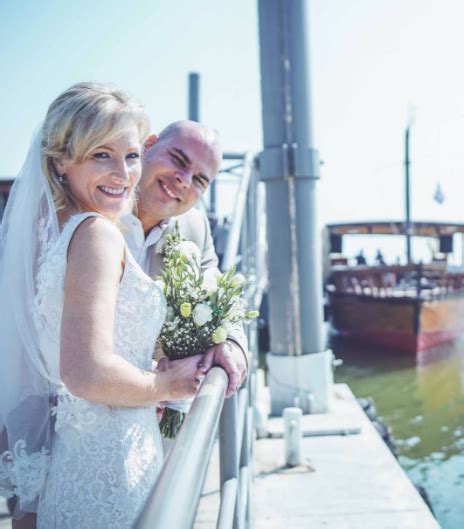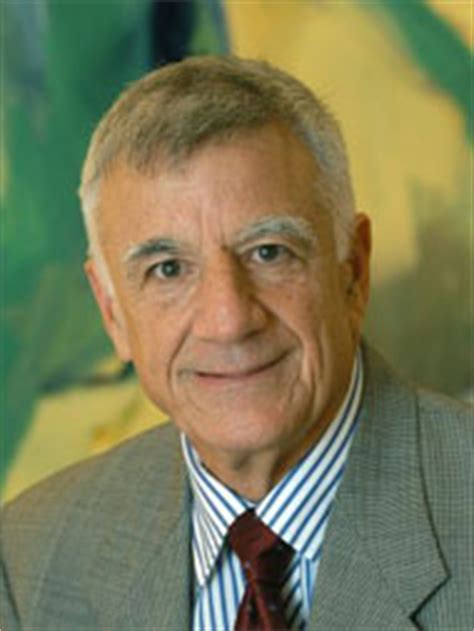A Quote by Jorge M. Perez
My father was a businessman, but my mother was an intellectual. She cared about culture, politics, and philosophy, so I became interested in the protest aspect of Latin American art.
Related Quotes
Mexico City is the center of art and culture and politics and has been and continues to be for Latin America in a way that I think really called to me as an artistic person, as someone that was interested in the politics of Latin America, you know. God, every single famous person in Latin American history and art and politics seems to have found their way to Mexico City.
My house is full of paintings by my mother Pam. She was a fantastic, prolific artist but had no confidence in herself, thanks to my father running her down. They married during the war when she was 19 - she had planned to go to art school. But my father didn't want her to work, so she became a housewife.
My father was a very tough guy with me and my brothers. He wanted to teach us a lot of discipline and life philosophy. As I became more interested in martial arts, he started teaching a lot of fighting philosophy and karate philosophy. While he was a tough father, he also knew when to be sweet and show a softer side.
I am afraid of what is happening in the West. In a way, the link between art and politics is about to snap. Music and politics, it seems, are increasingly considered to be separate domains. Music is about making peace, not conflict, they say. And, therefore, it is best to do what is considered normal and uncontroversial. Increasingly, accepting the status quo is a precondition for being considered entertainment, while protest culture is grouped alongside politics.
Modernism was a big thing for me, coming from a father who was very interested in art, music and culture - and almost always Italian art, music and culture. One good thing about Italians is that culture is part of everyday life. But Modernism is a movement of the past. The idea of a Modernist building as a sculpture set on a pedestal of grass is a part of Modernism that I'm not so crazy about.
I talked to Shailene Woodley the next day [after arrest]. She was fine, and she was very happy. She knew that it brought attention to a cause that she cared very much about. She was in high spirits and knew that was a possibility when she was protesting. The people who arrested her, if they were trying to prove a point of not to protest, they only helped the cause.
